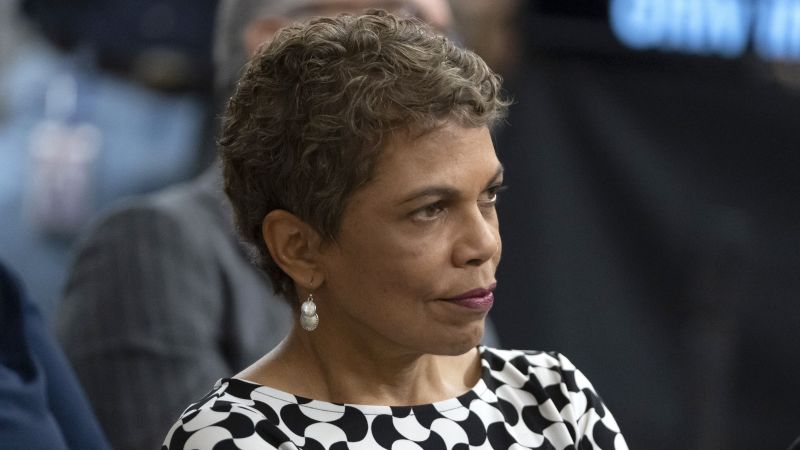
Skeptical judges may make the Trump administration explain what it’s doing behind the scenes
CNN
The Trump administration may soon be forced to answer central questions about its Department of Government Efficiency and about major other actions by government agencies that are now being challenged in court, as the quick-moving legal proceedings to the next phase.
The Trump administration may soon be forced to answer central questions about its Department of Government Efficiency and about major other actions by government agencies that are now being challenged in court, as the quick-moving legal proceedings to the next phase. In multiple cases, President Donald Trump’s legal foes are making somewhat extraordinary requests for judges to order the government to turn over internal documents, explain its decision-making and even require depositions from administration officials. Some judges have already signaled openness to such requests, remarking upon the lack of public clarity about who is behind the major decisions that have upended the federal government – and about how DOGE in particular is operating. “The things that I’m hearing are concerning indeed and troubling indeed,” Judge Tanya Chutkan said during a hearing last week in a lawsuit brought by Democratic state attorneys general making broad constitutional claims against Elon Musk’s role in the administration. “But I have to have a record, and I have to make findings of fact before I issue something,” Chutkan added. While the administration’s foes have sometimes lost in their bids for immediate court intervention, getting more information about the administration’s actions could put them on better footing as their cases continue. It is nonetheless unusual for challengers to make the requests now – and for some judges to be proactively inviting more fact-finding at this early phase in the litigation – as discovery is often avoided in cases challenging agency action.













